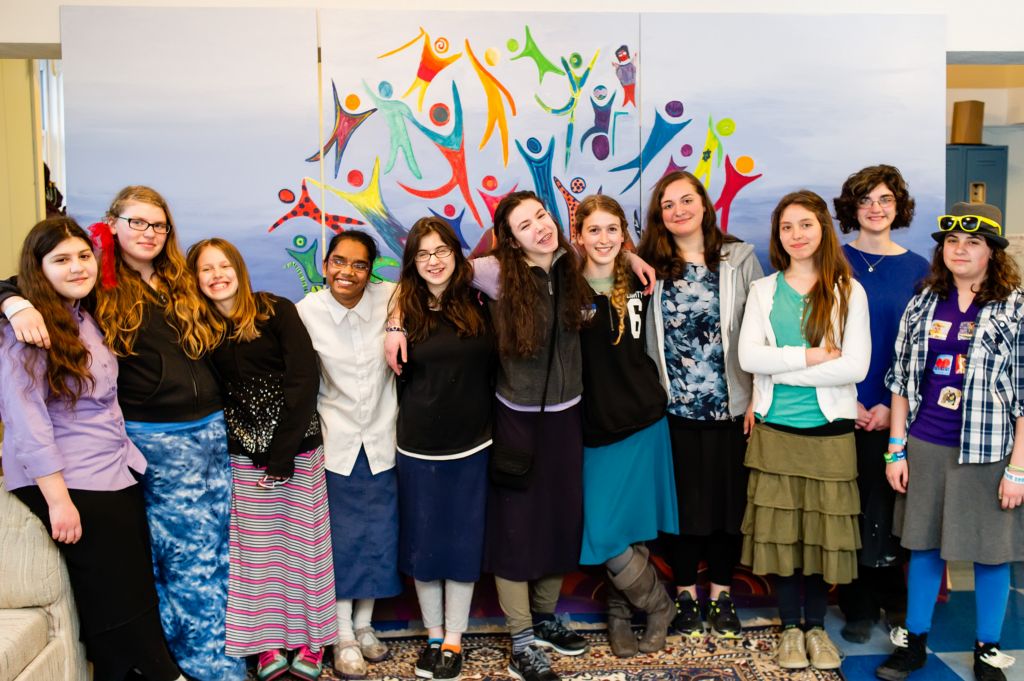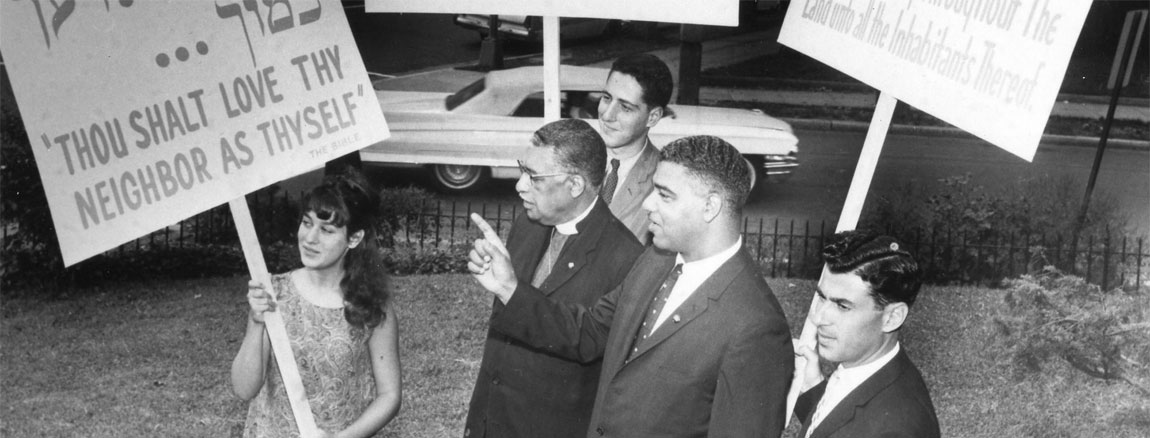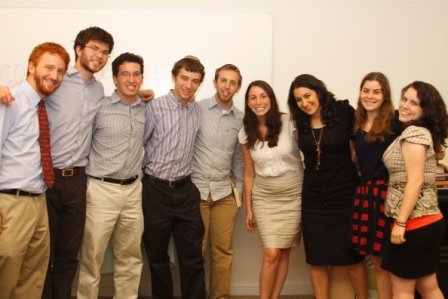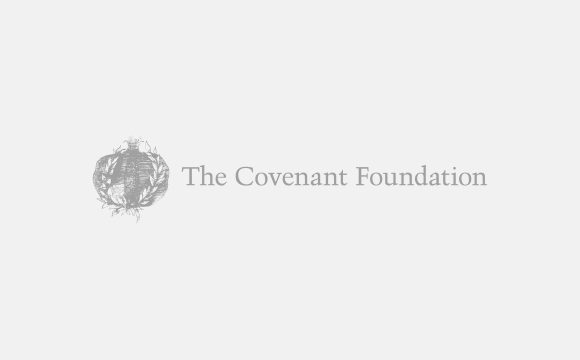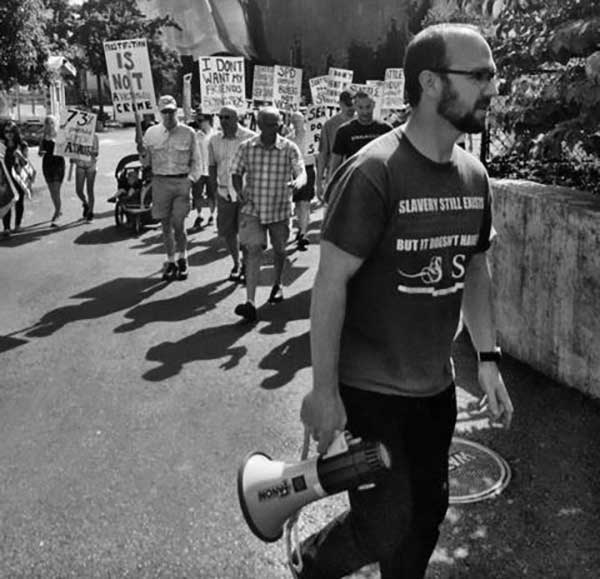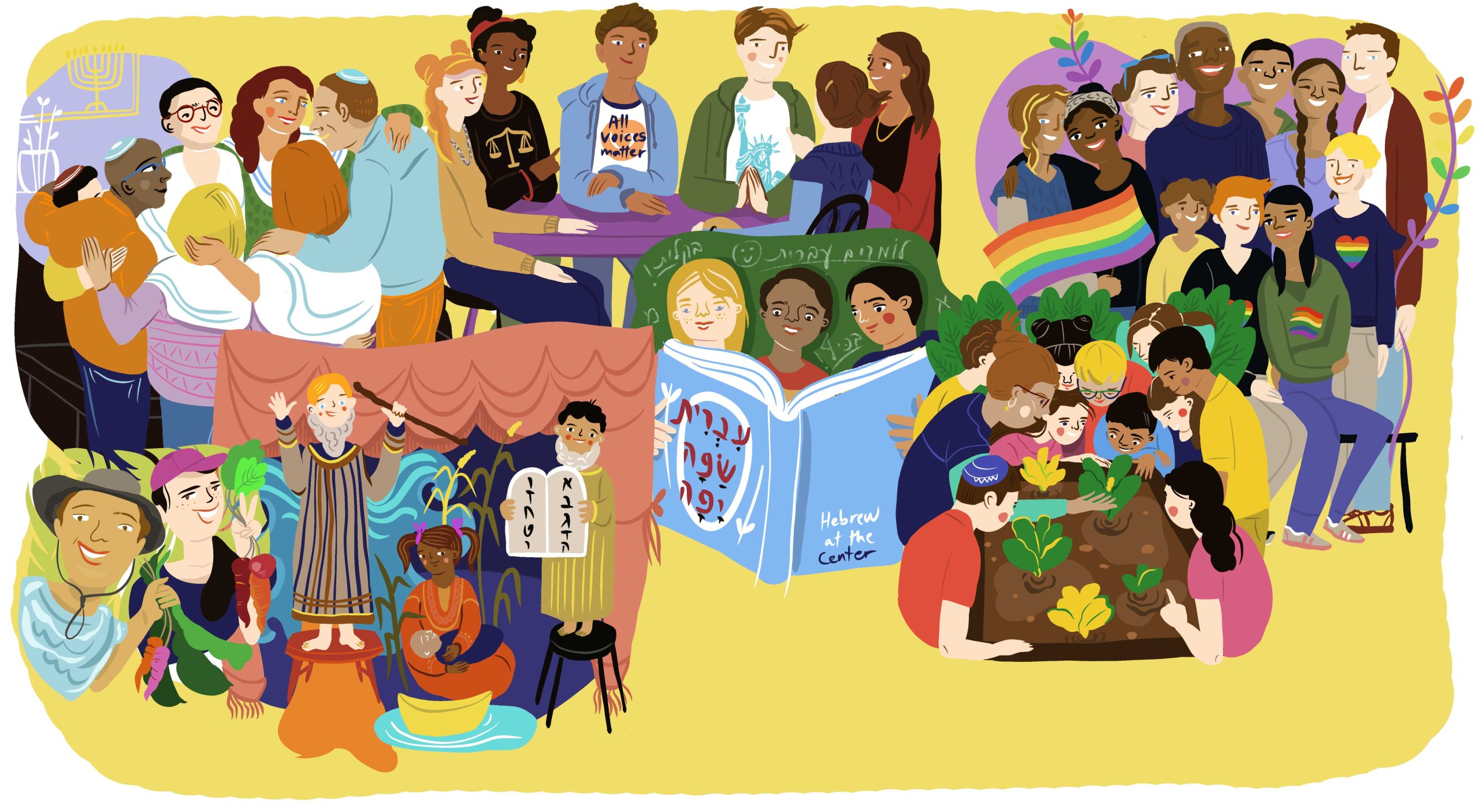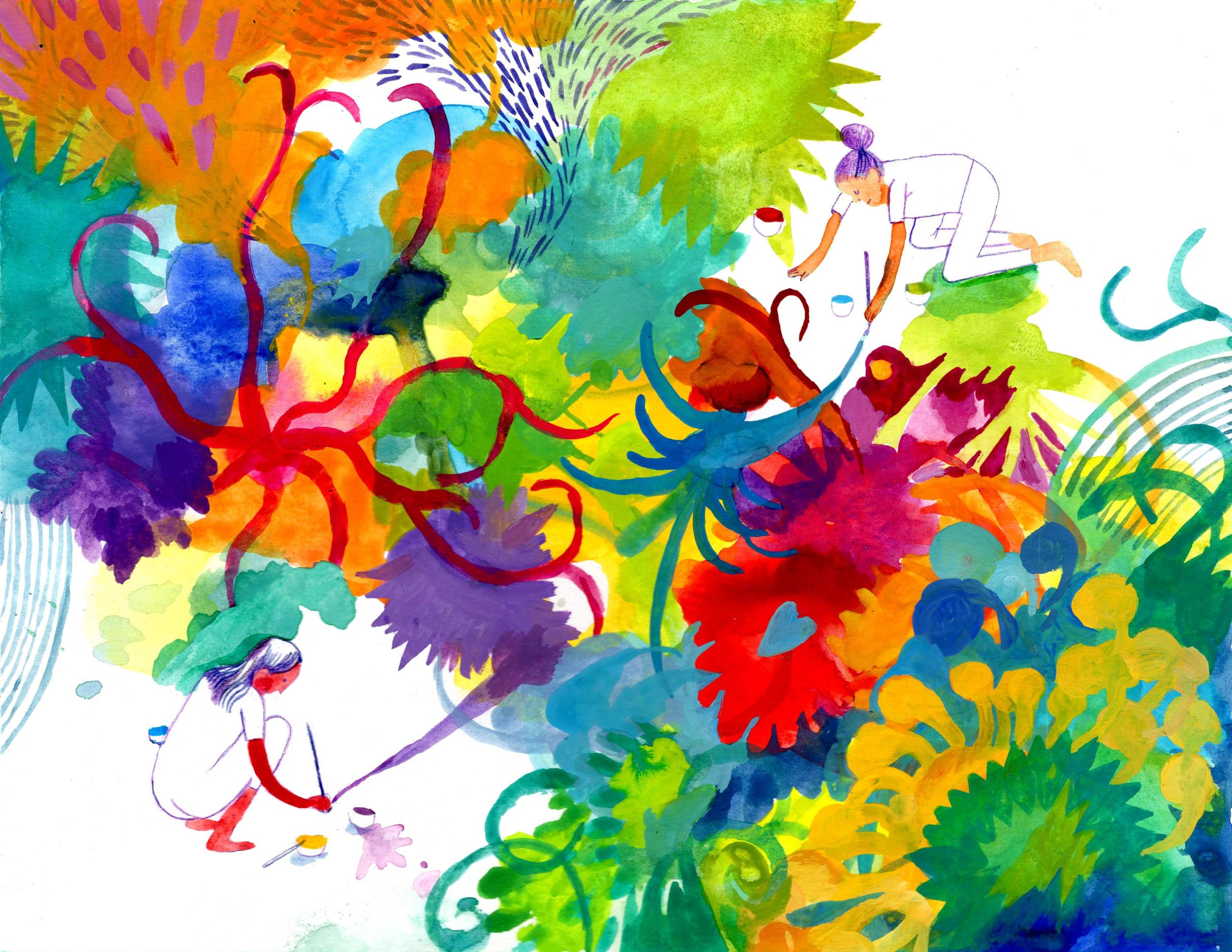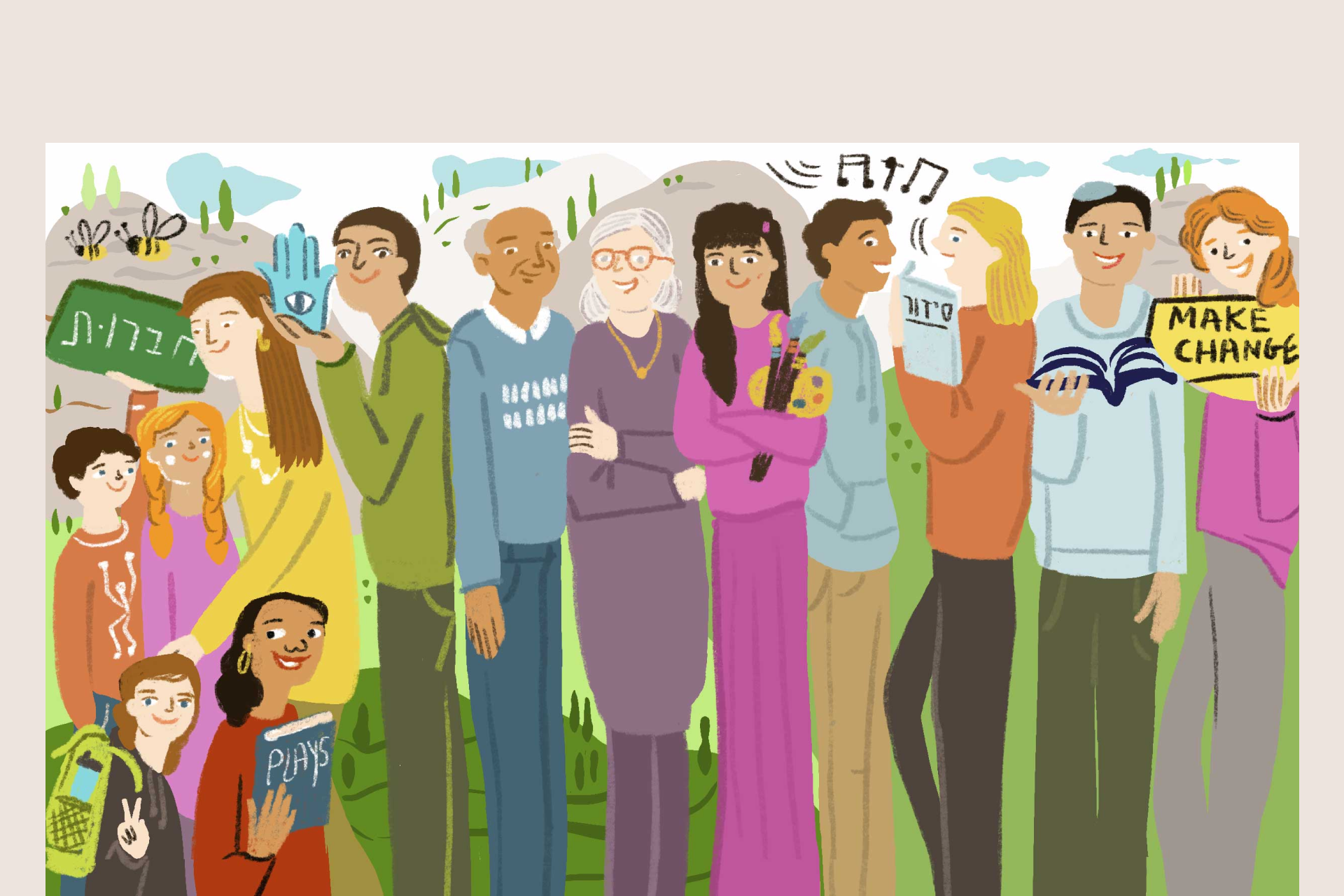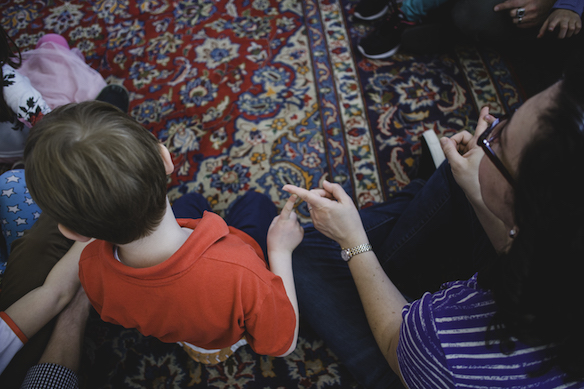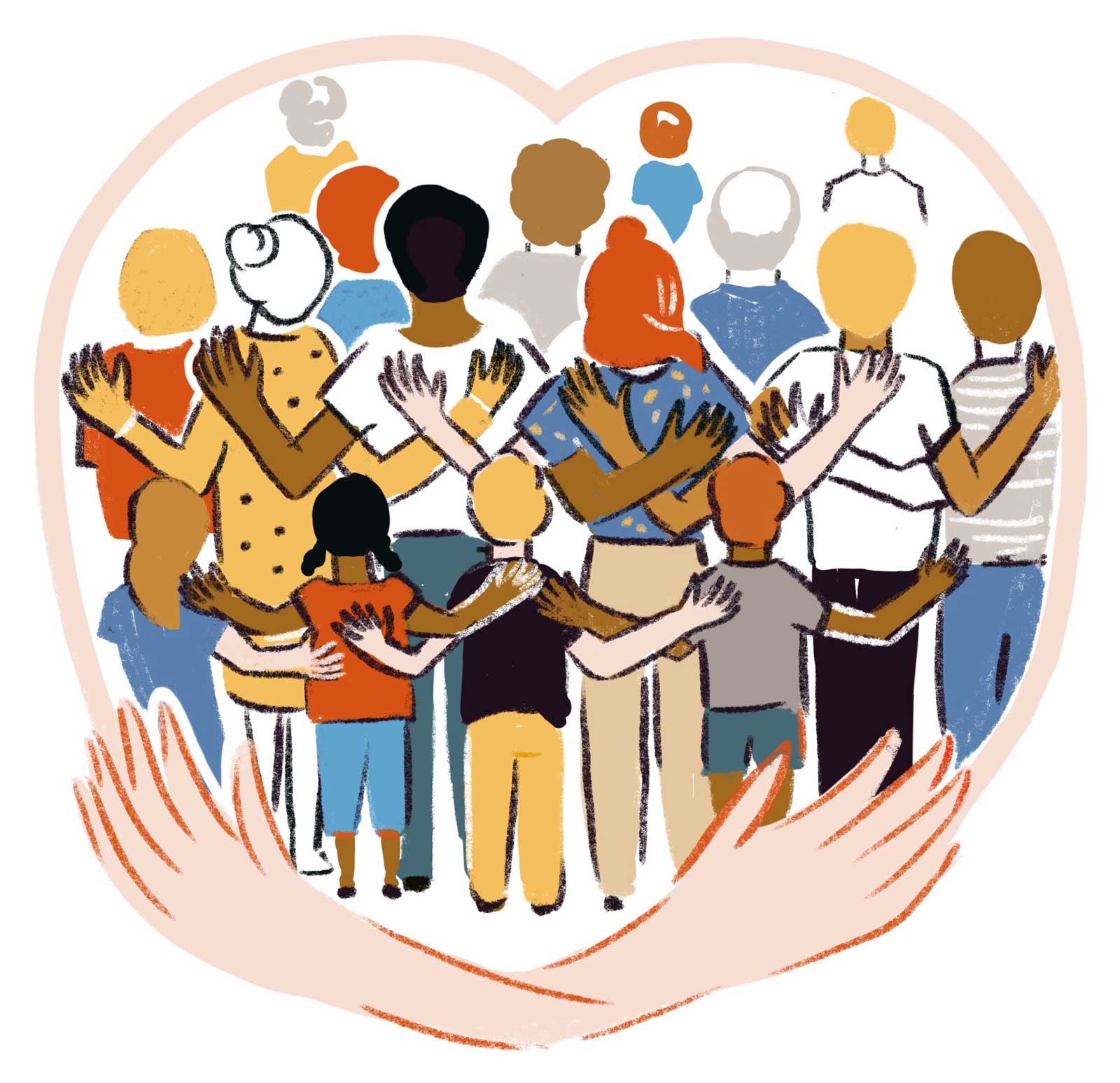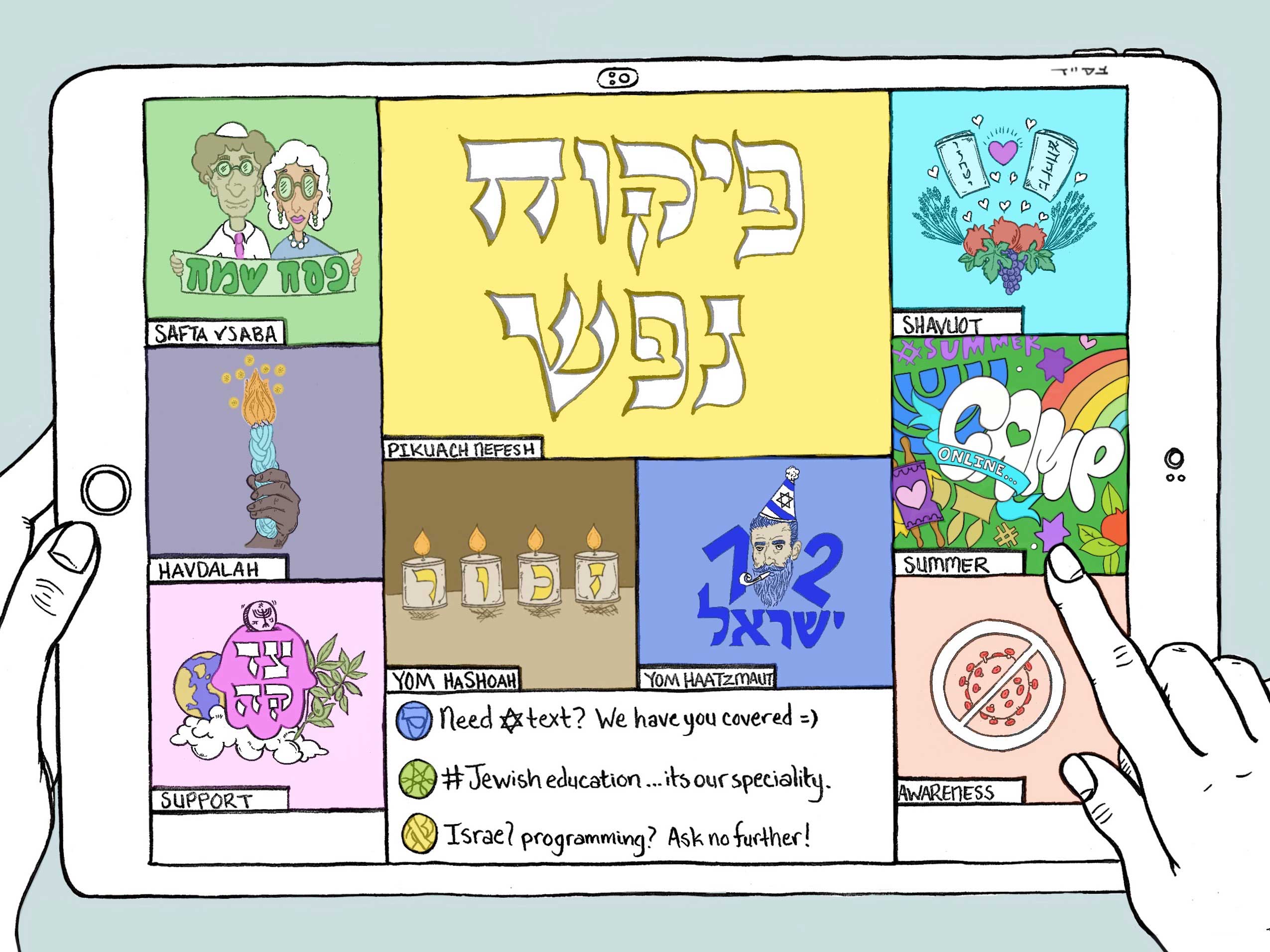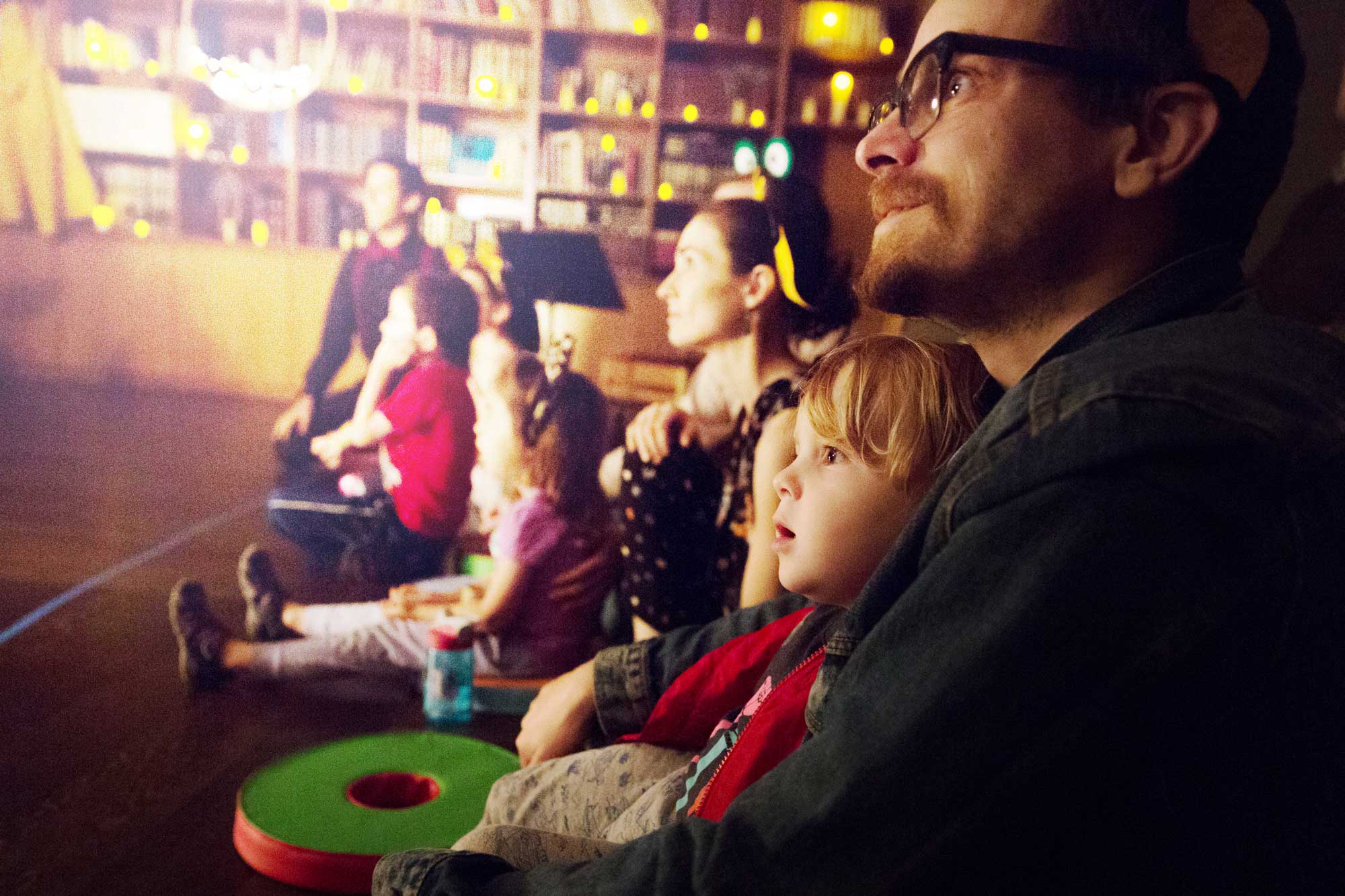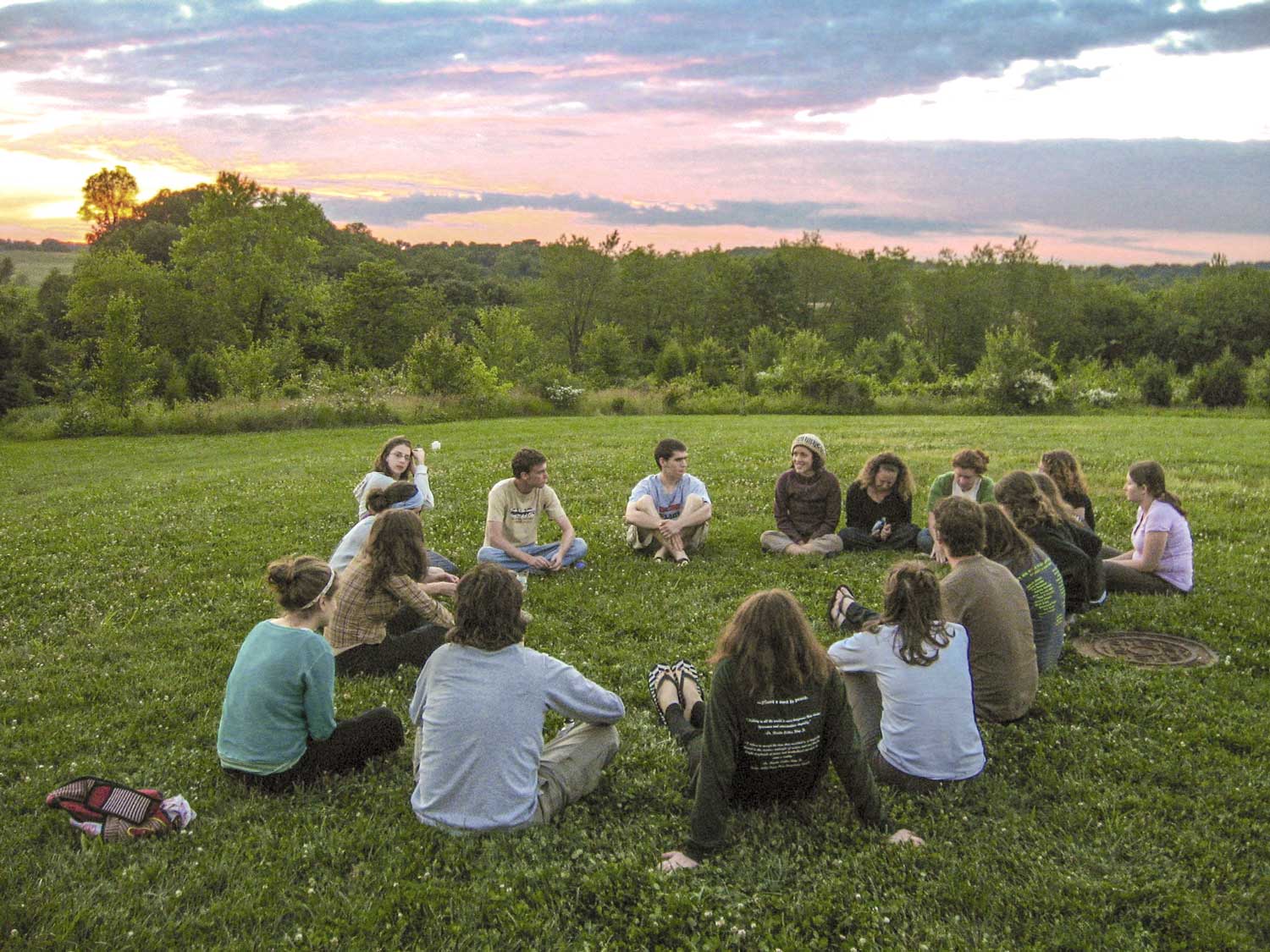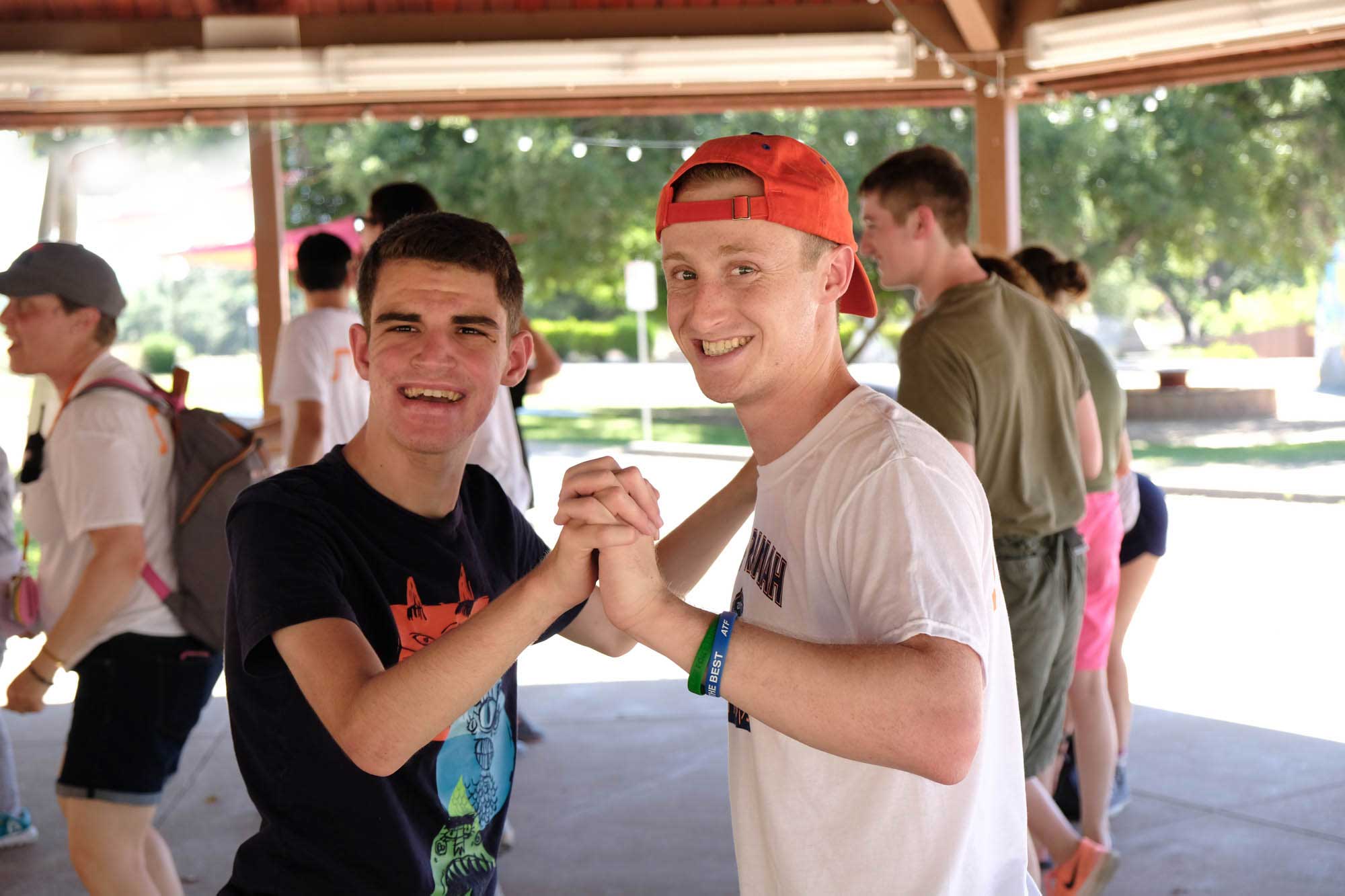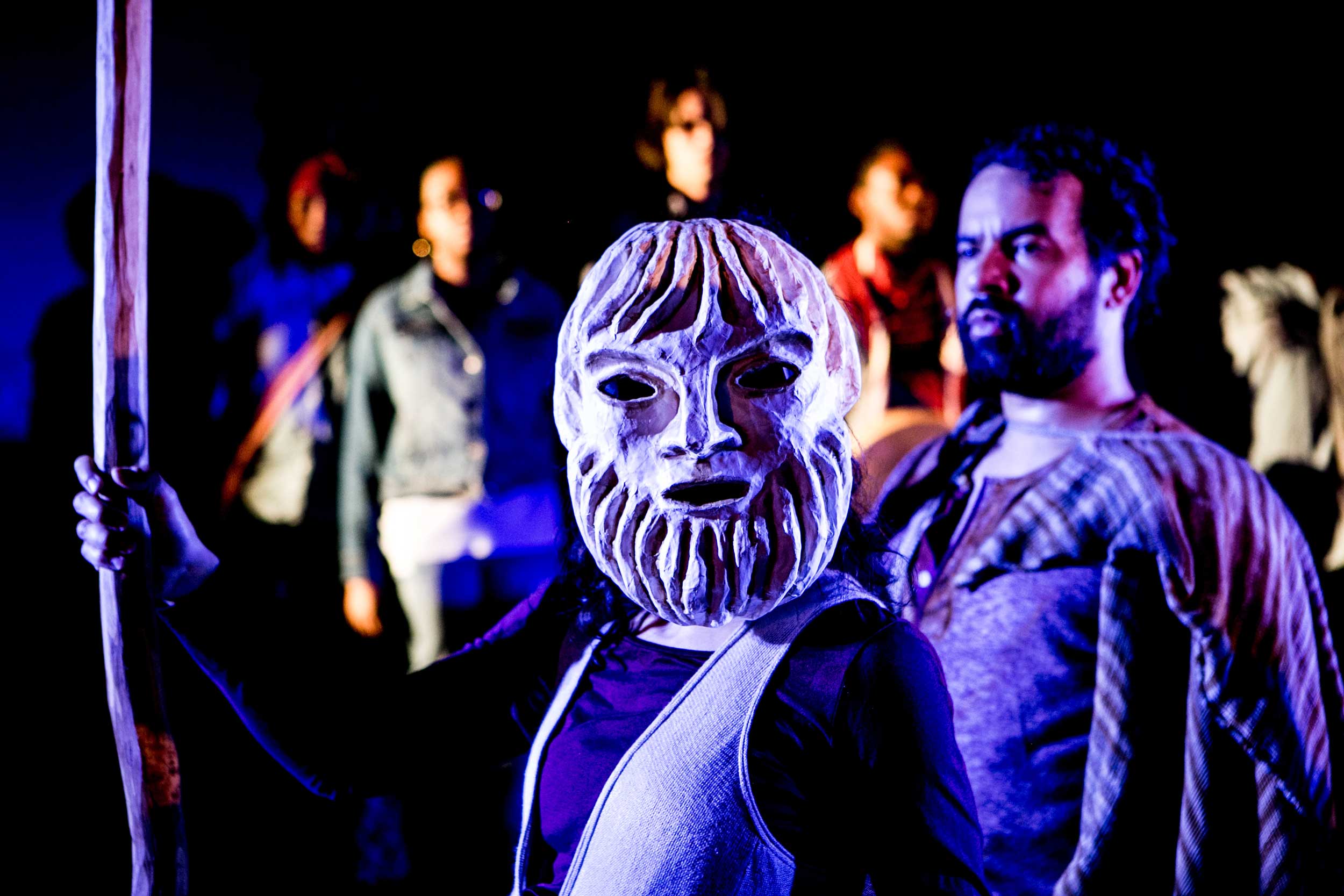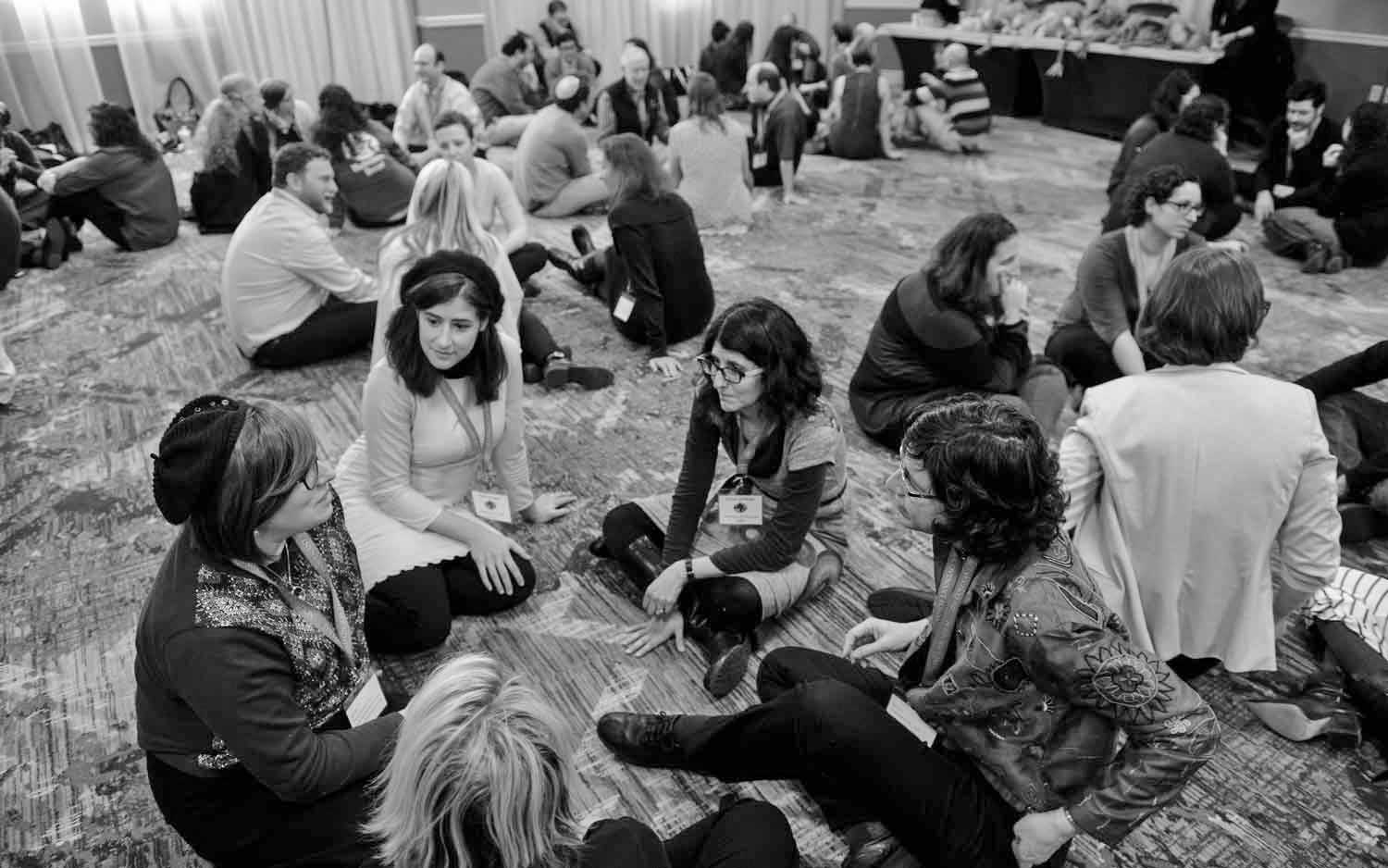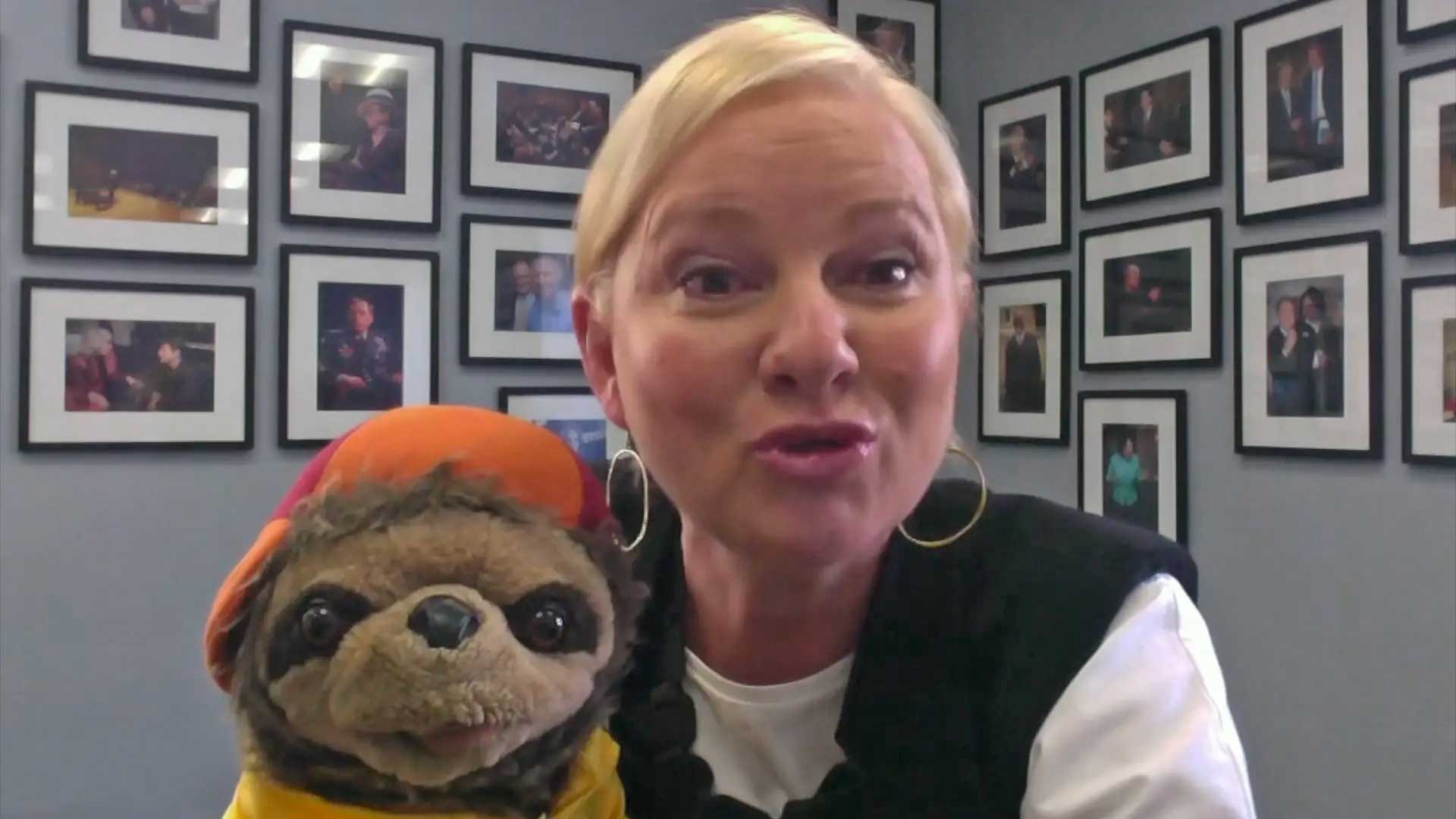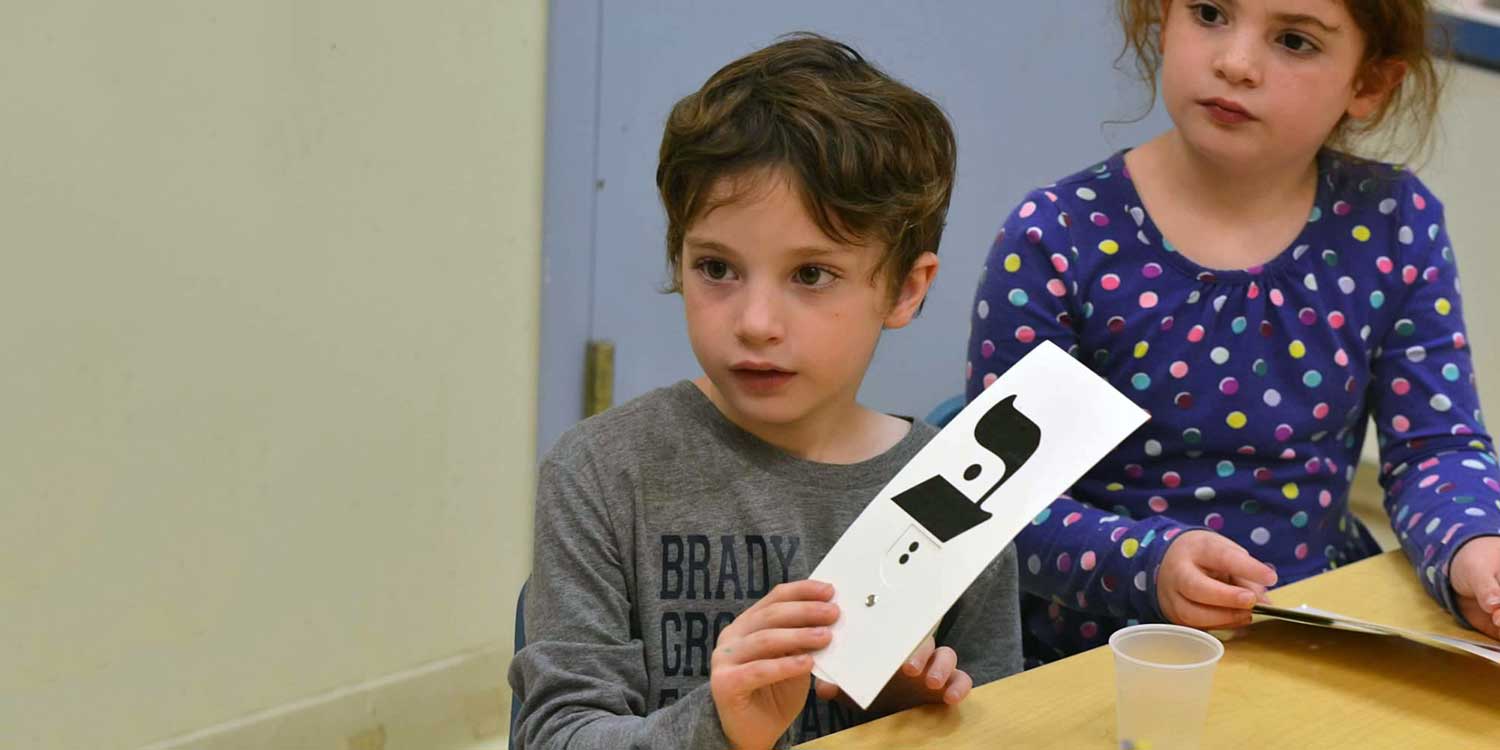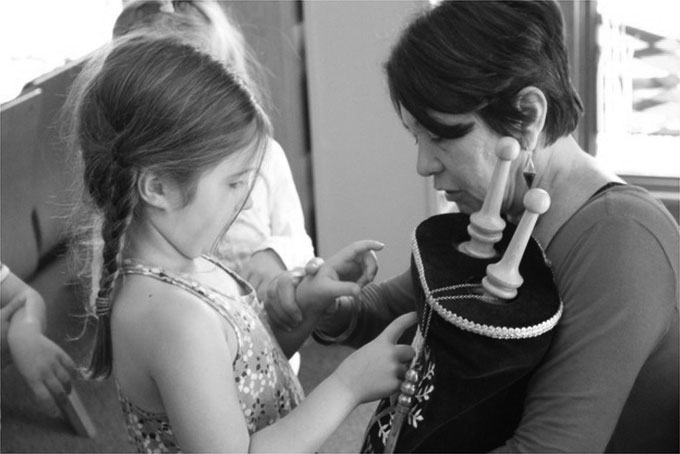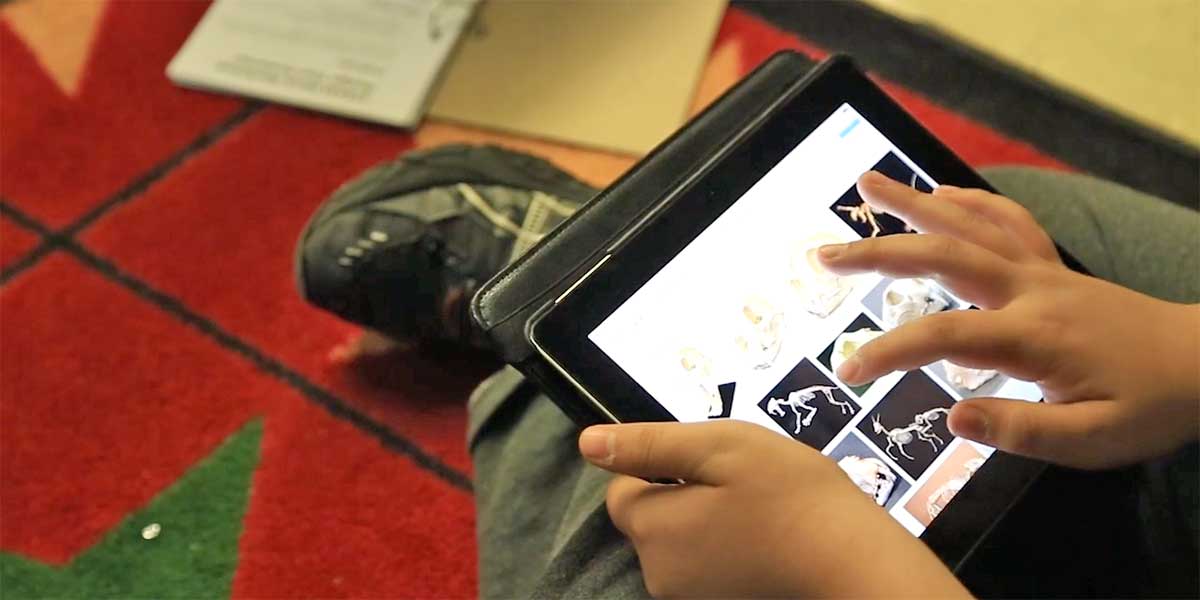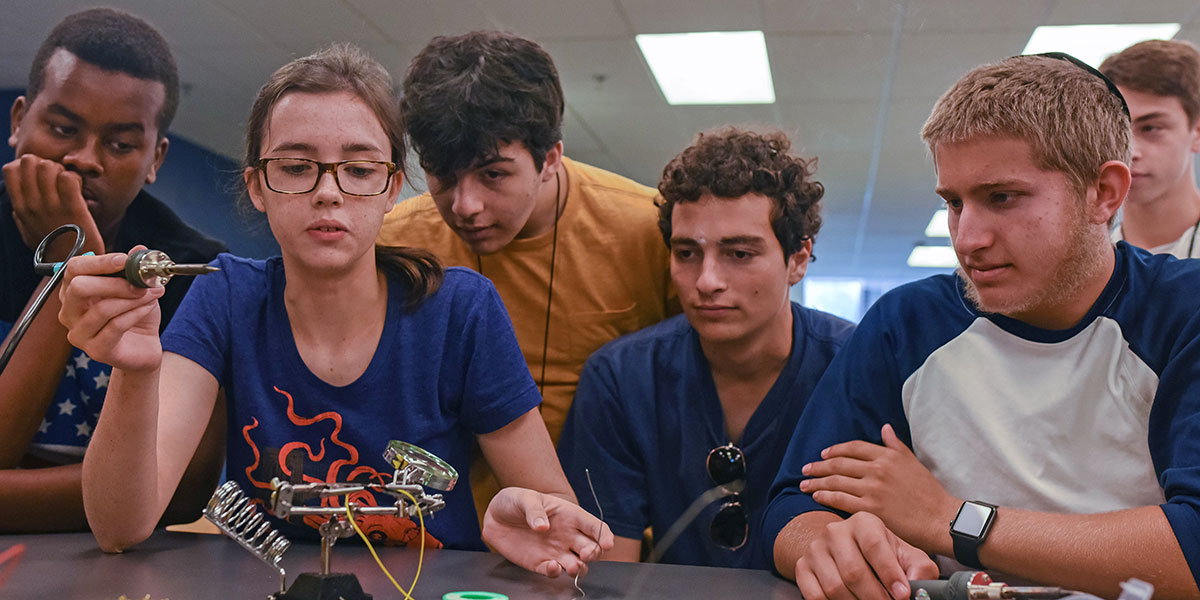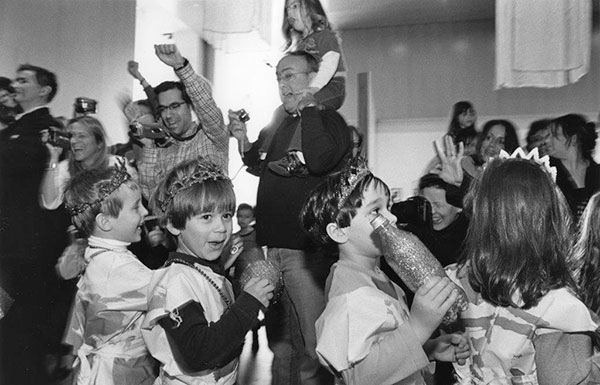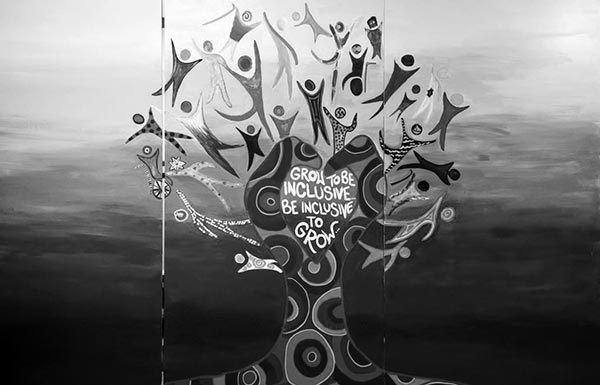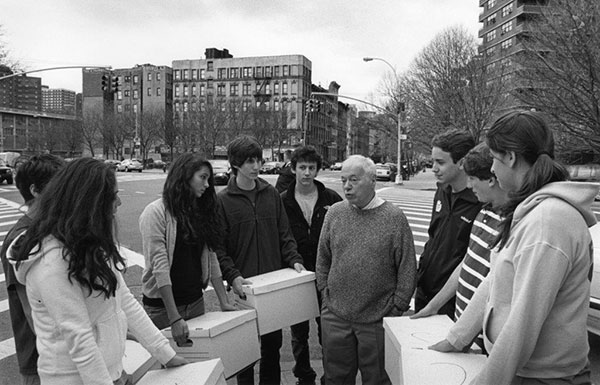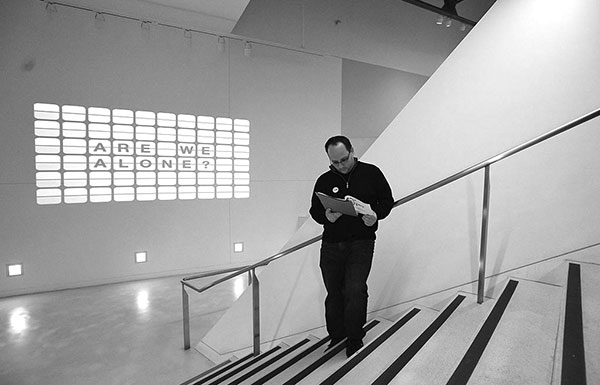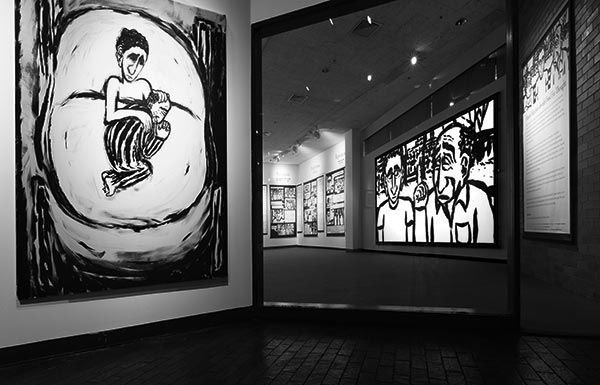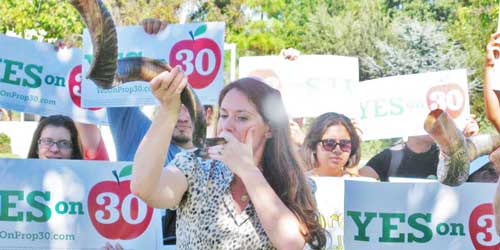
ARTICLE Drumming for Justice Around the Table, Out in the World
How does one engage with Jewish identity?
The answer is likely as different as each Jewish individual on the planet. Jewish identity is personal. It’s political. It’s rooted in family, in history, in education, in experience. Does our identity change as we age? As we move from our families of origin to our chosen families? Is it dependent on geography?
Yes, yes and yes.
And what about generational ideals? Does Jewish identity change with the times?
Absolutely. “We’re at this point now in the Jewish community where it’s pretty clear that social justice is the way many people--especially young people--engage with their Jewish identity,” said Abby Levine, Director of the Jewish Social Justice Roundtable. “When I meet Jewish professionals who work at organizations with a broad mission, they are clear about this: Social justice is a primary way that young Jews today are choosing to express their Jewishness; this is not a debate.”
Since assuming the position as Director of the Roundtable, which self-describes as “52 organizations pursuing social justice from a Jewish perspective,” Levine has doubled the membership and works to build and support collaboration between member organizations and within the field of social justice at large.
Currently, she is focused on a civic engagement effort, supporting about 20 organizations in getting the Jewish community involved in those justice issues of our current election cycle.
“Voting rights are under attack,” she said, “and while this is true of every election cycle, with presidential elections in particular, there’s confusion in certain communities about the simple mechanics behind voting. Educating the broader society and helping our leaders be clear is a huge justice issue.”
Levine explained that this work also involves having member organizations work to educate the Jewish community on different ballot measures. In particular, this work is happening in California, where there are between 15-20 measures on the ballot currently which concern topics including education, healthcare, and minimum wage.
But surely, with Roundtable member organization affiliations ranging across the Jewish spectrum (from Keshet to Eshel) there are sure to be differences of opinion on which social justice issues deserve attention with the Jewish community. So how does this work?
“What unites us all is the commitment to mobilizing American Jews around justice issues,” Levine said. “Within our network are representatives from the Reconstructionist, Reform and Conservative movements, and we also partner with three organizations that work exclusively within the Orthodox community. But despite any religious differences, she explained, “all of the member organizations are working to educate the Jewish community to take action for positive social change, especially for and with those less empowered in our society.”
“There is not a single Jewish activist who takes any action without first being educated and asking questions about the issues that they’re working on,” she added.
What matters to the members of the Roundtable, Levine continued, is the articulation to society at large that this field—social justice—exists, and that it’s a direct reflection of how our world has paid increasing attention to how communities express their values.
“If we look at the world we live in, in 2016,” she said, “we are seeing a shift toward a broader sense of issues that fall under the social justice umbrella. Today, this term encompasses not just issues of race or religion, but also a broad definition of inclusion, gender, sexuality and much more.”
Member organizations work on human issues, not partisan ones, Levine explained. These are causes that are (or should be) concerns for all Jews, regardless of political or religious leanings.
For example, Levine shared, “AJWS just released a video about Sunita Jaiswal, an Indian woman who learned to drive through a program run by an AJWS grantee, the Azad Foundation.” Azad trains low-income women to become professional drivers with the goal of helping them find jobs and earn independence and freedom.
“In the U.S., we get out of our Uber cars, or pull into our driveways, and don’t have a clue what it takes to teach someone so far outside of our culture to drive a car. That’s not partisan.”
Levine went on and cited how last spring T’ruah, an organization that mobilizes rabbis to protect human rights, released a handbook on mass incarceration, which offers background information on various aspects of mass incarceration, Jewish texts that relate these issues, action steps communities can take, and more.
“It’s so easy for us to not think about people in our society who are in jail, because we never see them,” Levine said. But it’s precisely this type of education that Roundtable member organizations provide.
And there are so many other examples, too. “The Reconstructionist Rabbinical College just wrote a green paper on economic inequality,” Levine listed. “And Keshet and the RAC just created an inclusion guide together, called ‘Made in God’s Image,’ which offers suggestions to help Jewish congregations become more inclusive for transgender and gender expansive individuals.”
Perhaps one of the biggest benefits of membership in the Jewish Social Justice Roundtable are the opportunities for community building, for building the field of social justice, and for raising the visibility of Jewish social justice causes more broadly. Last year, at an annual training, members came together to learn how to fundraise, manage staff, and think about grassroots organizing. Looking forward to 2017, Levine is beginning to think about planning a big network gathering and another chance for people to convene.
“I’m a network weaver,” she said.
To this end, it’s no surprise that a constant theme for Levine is the importance of relationships in her work. “I learned so much from Daniel Sokatch,” Levine shared. “Ten years ago, when I worked for him in the Bay Area office of the Progressive Jewish Alliance,” she said, “he taught me the power of relationships and how important that piece is in our work. He taught me that it’s essential to always be as thoughtful as possible in how you say things—especially things that can be hard to hear.”
In a field where saying what needs to be said is of central import, this lesson isn’t lost on Levine. “We’re kind of like a drumbeat,” she added, speaking of the whole of the 52 Jewish member organizations that comprise the Roundtable.
“We keep the conversation going on issues that might not be easy to talk about, but we’re still drumming for justice all the same.”
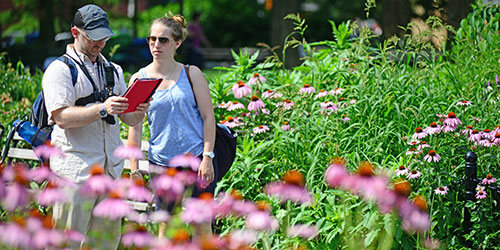
999
